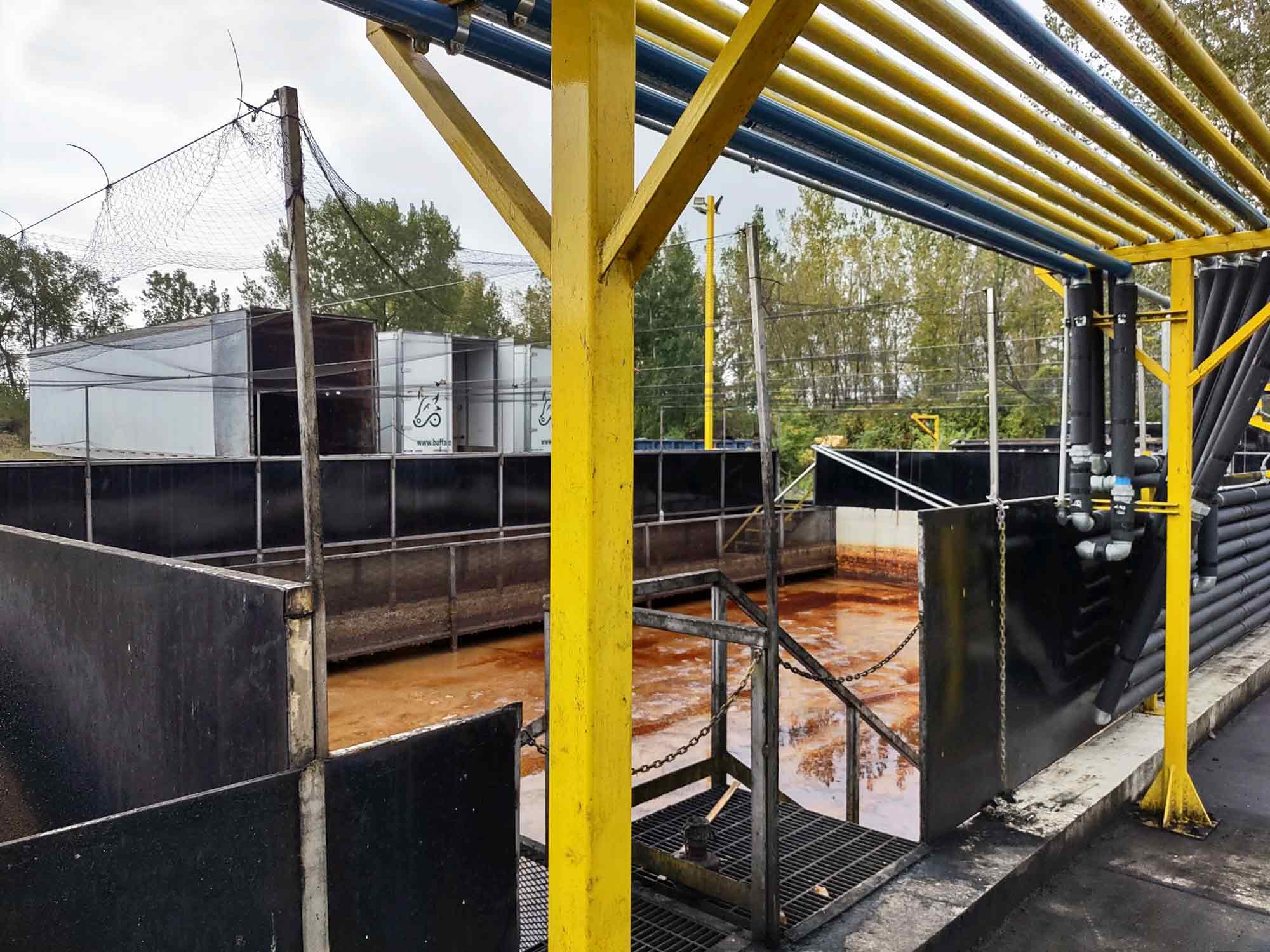
Corporate Headquarters at 17 Court St, Buffalo, NY 14202
About Buffalo Biodiesel
- Buffalo Biodiesel Inc. was incorporated in 2005.
- We began with one location, two trucks, and two employees serving local suppliers.
- Today, we serve more than 25,000 suppliers across 15 states with over 130 employees, 200+ vehicles, and 8 operating locations.





